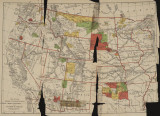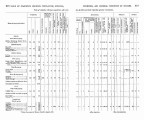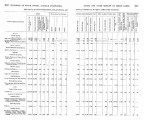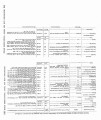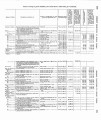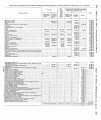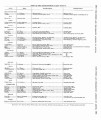| Title |
Annual Report of the Commissioner of Indian Affairs - 1876 |
| Subject |
Indian reservations; Federal government; Indians of North America; Maps; Work; Natural resources; Land use; Allotment of land; Treaties; Agriculture; Timber; Health; Indians of North America--Social life and customs; Water rights; Ute Indians--History; Annuities; Employment (Economic theory); Alcohol; Livestock; Education; Indians of North America--Education; Indigenous peoples--North America |
| Keywords |
Annual Report; Indian Agency; Reservations; Indian; White Relations; Land Rights; Inter-tribal Relations; Native Americans |
| Publisher |
Digitized by J. Willard Marriott Library, University of Utah |
| Tribe |
Ute |
| Band |
Uncompahgre |
| Language |
eng |
| Description |
Excerpts concerning Utah from the Annual Report of the Commissioner of Indian Affairs - Courtesy of the University of Wisconsin Digital Collections. The Commissioner of Indian Affairs comments on the level of "civilization" among the Indians, the need for an increase in Indian agents' salaries, employment among American Indians, the proposed removal of Indians in western states to Indian Territory, and the question of granting U.S. citizenship to Indians. The agent from the Los Pinos Indian Agency in Colorado submits a report regarding the Uncompahgre Utes. The White River, Utah agent reports benign relations on the reservation and good health among the Indians and describes operations on a new boarding school and agricultural pursuits |
| Type |
Text |
| Coverage |
Uintah and Ouray Indian Reservation (Utah); Utah; Washington (D.C.) |
| Format |
application/pdf |
| Rights |
Digital Image © 2011 America West Center. All Rights Reserved |
| ARK |
ark:/87278/s69w3b67 |
| Creator |
Commissioner of Indian Affairs; Smith, John Quincy, 1824-1901 |
| Date |
1876 |
| Spatial Coverage |
Whiterocks (Utah); Uintah and Ouray Indian Reservation (Utah); Washington (D.C.); Utah |
| Setname |
uaida_main |
| ID |
369608 |
| Reference URL |
https://collections.lib.utah.edu/ark:/87278/s69w3b67 |

